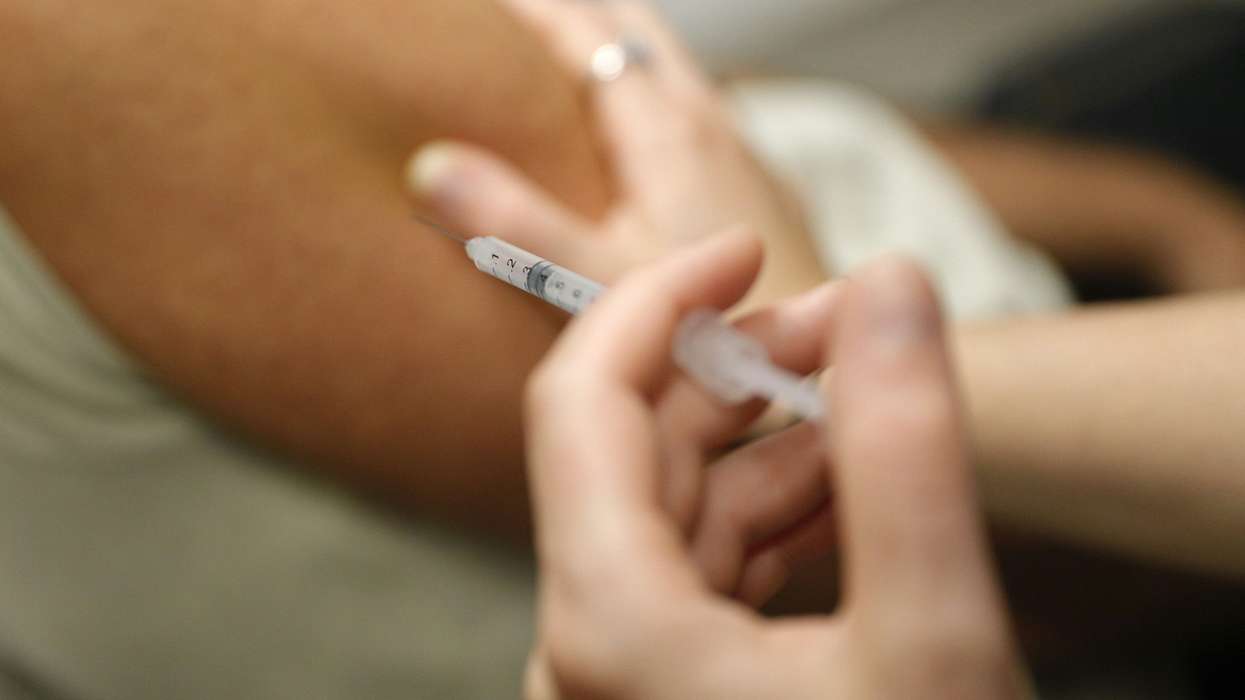Key Summary
- Exeter researchers found young children with T1D lose insulin-producing cells before they mature
- Study of 250 pancreas samples shows healthy children’s cells grow early in life but are wiped out in early-onset T1D
- Findings could lead to new ways to prevent or slow T1D
Researchers at the University of Exeter have found why type 1 diabetes (T1D) is more aggressive among children.
Type 1 diabetes is an autoimmune condition where the insulin-producing cells in the pancreas are destroyed, and it affects nearly 400,000 people in the UK.
The study found that in young children with type 1 diabetes, nearly all insulin-producing cells are destroyed before they can mature.
The breakthrough could pave the way for new strategies to prevent or delay type 1 diabetes and, in time, contribute to a cure.
Children under the age of seven are prone to T1D, with high chances of medical emergencies and requiring higher doses of insulin than those diagnosed at an older age.
Until now, scientists had limited tools to study the early development of insulin-producing cells, which are found in clusters in the pancreas.
In young children these clusters are small and still forming, and only contain a few insulin-producing cells.
Researchers examined rare pancreas samples from over 250 people to observe how insulin-producing cell clusters change with age and how the immune system affects them.
Results probe that children without type 1 diabetes have many small insulin-producing cell clusters that grow and mature with age, developing fastest in the first few years of life.
The Exeter University research team historically proved that these cells are completely absent in T1D patients, destroyed by the immune system.
The latest study was led by Professor Sarah Richardson at the University of Exeter, and published in Science Advances.
It was funded by the Type 1 Diabetes Grand Challenge – a partnership between The Steve Morgan Foundation, Diabetes UK, and Breakthrough T1D.
“These tiny insulin-producing beta cell clusters – once overlooked – hold big clues to understanding type 1 diabetes. This new perspective has the potential to reshape how we screen, treat, and even prevent type 1 diabetes,” said Professor Sarah Richardson.
She added, “Protecting small beta cell clusters early could be key to stopping type 1 diabetes before it starts.”
“Uncovering why type 1 diabetes is so aggressive in young children opens the door to developing new immunotherapies aimed at slowing or stopping the immune attack, potentially giving children more precious years without insulin therapy and, one day, preventing the need for it entirely,” said Dr Elizabeth Robertson, director of Research and Clinical at Diabetes UK.













